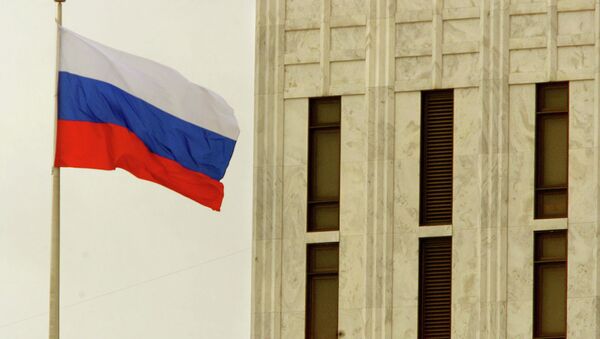The Russian Embassy in Washington DC noted that Johnson "did not apply for a visa at our Embassy and did not inform about his plans to visit Russia."
It was highlighted in a statement that Johnson's "groundless accusations against Russia leave no doubts - he is ready not for a dialogue, but a confrontation."
We have long been calling on the #UnitedStates🇺🇸 to remove lawmakers from any travel restrictions as a first step towards abolition of «blacklists». #BTW the senator did not apply for a visa at our Embassy and did not inform about his plans to visit @Russia🇷🇺 https://t.co/SQLA4uvKPh pic.twitter.com/RQXBHozJg0
— Russia in USA 🇷🇺 (@RusEmbUSA) August 27, 2019
According to Senator Johnson's release, issued earlier in the day, he had been "denied a visa by the government of the Russian Federation to enter Russia as part of a bipartisan congressional delegation."
Johnson had allegedly intended to meet with both Russian government officials and representatives of civic groups, among others, during his visit.
"I had hoped direct dialogue with Russian parliamentarians could help set the stage for better future relations between our two nations [...] I will continue to advocate a strong and resolute response to Russian aggression - and frank dialogue when possible," Johnson said in his release.
Johnson, who is a member of the Republican Party, spearheaded several bills seeking to target Russia in retaliation for alleged aggression in Ukraine, which Moscow denies. He has also pushed for sanctions, related to the Nord Stream 2 gas pipeline project.


